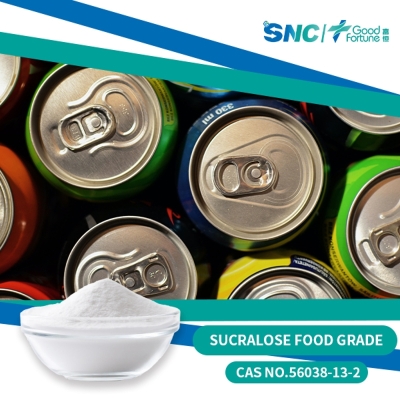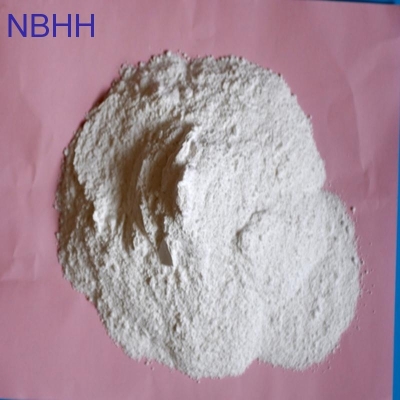-
Categories
-
Pharmaceutical Intermediates
-
Active Pharmaceutical Ingredients
-
Food Additives
- Industrial Coatings
- Agrochemicals
- Dyes and Pigments
- Surfactant
- Flavors and Fragrances
- Chemical Reagents
- Catalyst and Auxiliary
- Natural Products
- Inorganic Chemistry
-
Organic Chemistry
-
Biochemical Engineering
- Analytical Chemistry
-
Cosmetic Ingredient
- Water Treatment Chemical
-
Pharmaceutical Intermediates
Promotion
ECHEMI Mall
Wholesale
Weekly Price
Exhibition
News
-
Trade Service
net/tag_1377.
html" class="zdbq" title="EU Food Safety Agency Relevant Food Information" target="_blank">the European Food Safety Authority ( foodmate.
net/tag_10.
html" class="zdbq" title="EFSA related food information" target="_blank">EFSA ) announced that the proposed amendments foodmate.
net/tag_3045.
html" class="zdbq" title="Beet related food information" target="_blank">beet Ning (phenmedipham) in foodmate.
net/tag_180.
html" class="zdbq" title="Strawberry related food information" target="_blank">strawberries in foodmate.
net/tag_4480.
html" class="zdbq" title="MRL related food information" target="_blank">maximum residue limits .
Some of the original reports are as follows:
In accordance with Article 6 of Regulation (EC) No 396/2005, the applicant Landwirtschaftliches Technologiezentrum Augustenberg submitted a request to the competent national authority in Germany to modify the existing maximum residue level (MRL) for the active substance phenmedipham in strawberries.
Noting that at least one additional trial is missing, an MRL of 0.
7 mg/kg was derived for the intended NEU use of phenmedipham on strawberries.
Adequate analytical methods for enforcement are available to control the residues of phenmedipham in strawberries at the validated limit of quantification (LOQ) of 0.
01 mg/kg.
Since the current MRL application was submitted before the finalisation of the EU pesticides peer review of the renewal of the approval of phenmedipham, the consumer exposure assessment was performed according to the conclusions on the toxicity of phenmedipham from the first approval under Directive 91/414/EEC.
Accordingly, the long‐term intake of residues of phenmedipham resulting from the existing and the intended uses is unlikely to present a risk to consumer health.
EFSA notes that the present assessment does not take into account the data gaps identified in the context of the renewal of the approval of phenmedipham under Regulation (EC) No 1107/2009, which prevented experts to derive toxicological reference values (TRVs) for phenmedipham, to derive the risk assessment residue definition for fruit crops and to conclude on the toxicity of relevant metabolites.
Noting that at least one additional trial is missing, an MRL of 0.
7 mg/kg was derived for the intended NEU use of phenmedipham on strawberries.
Adequate analytical methods for enforcement are available to control the residues of phenmedipham in strawberries at the validated limit of quantification (LOQ) of 0.
01 mg/kg.
Since the current MRL application was submitted before the finalisation of the EU pesticides peer review of the renewal of the approval of phenmedipham, the consumer exposure assessment was performed according to the conclusions on the toxicity of phenmedipham from the first approval under Directive 91/414/EEC.
Accordingly, the long‐term intake of residues of phenmedipham resulting from the existing and the intended uses is unlikely to present a risk to consumer health.
EFSA notes that the present assessment does not take into account the data gaps identified in the context of the renewal of the approval of phenmedipham under Regulation (EC) No 1107/2009, which prevented experts to derive toxicological reference values (TRVs) for phenmedipham, to derive the risk assessment residue definition for fruit crops and to conclude on the toxicity of relevant metabolites.
This article is edited by Foodmate.
com Food Information Center.
If you have any questions, please contact news@foodmate.
net.
com Food Information Center.
If you have any questions, please contact news@foodmate.
net.







